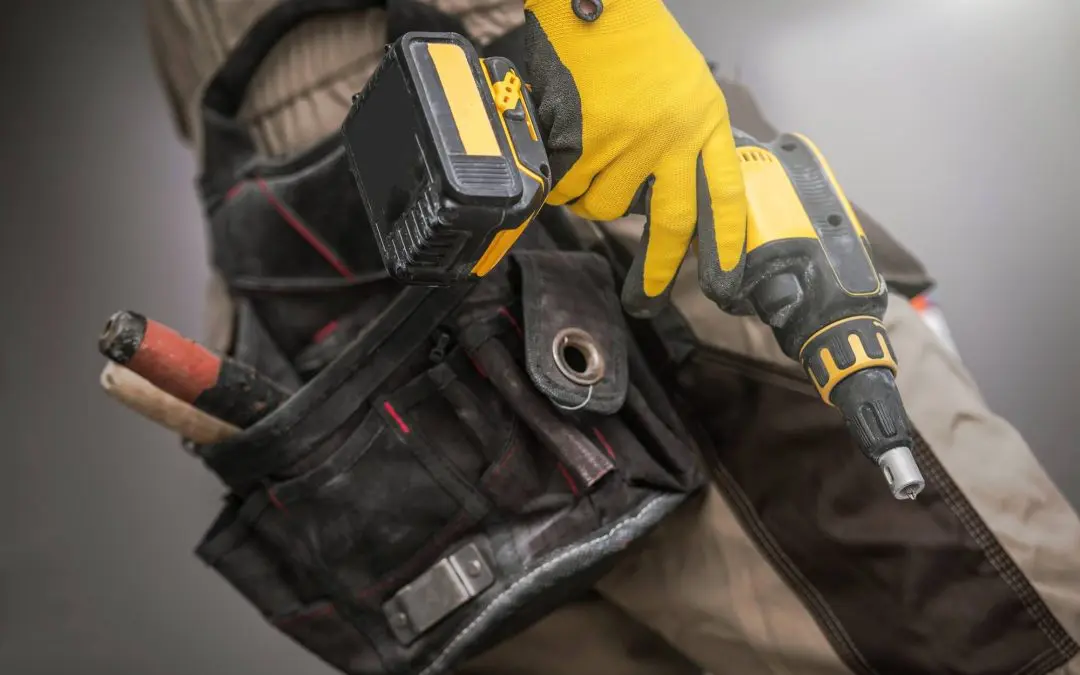Tackling DIY projects can be rewarding, cost-effective, and even fun. However, it’s crucial to prioritize safety whenever you’re picking up tools or materials. Neglecting proper safety practices can lead to costly mistakes or injuries. The appropriate safety gear protects you and gives you the confidence to focus fully on your project. Let’s dive into the essential safety equipment every DIY enthusiast should have.
A Reliable Pair of Safety Glasses
Protecting your eyes is non-negotiable. Flying debris, dust, and chemicals are common hazards during home improvement tasks. Safety glasses or goggles provide a barrier against these dangers. Choose options with anti-fog and scratch-resistant coatings for clear visibility and long-term durability.
Sturdy Work Gloves
Your hands are your most valuable tools, so they deserve proper protection. Good work gloves shield your skin from cuts, abrasions, and chemicals. There are gloves designed for specific tasks, like handling sharp materials or working with electrical components, so invest in a few different pairs to match your projects.
A High-Quality Respirator or Dust Mask
Sanding wood, painting, or working with insulation can release harmful particles into the air. A respirator or dust mask prevents you from inhaling these particles, safeguarding your respiratory health. For projects involving stronger chemicals or solvents, look for respirators with filters designed for chemical protection.
Hearing Protection
Power tools can produce decibel levels that damage your hearing over time. Investing in earplugs or earmuffs specifically designed for noise reduction is essential. Hearing protection might seem unnecessary for short tasks, but even brief exposure to loud noise can have lasting effects.
Include Durable Footwear in Your Safety Gear
Construction-grade boots or steel-toe shoes provide essential protection for your feet. They help guard against heavy objects, sharp tools, and slippery surfaces. Look for footwear with solid grip soles to prevent slips while working on ladders or uneven surfaces.
A Hard Hat
If your project involves any overhead work, such as roofing or tree trimming, a hard hat can save you from head injuries caused by falling objects. Lightweight and adjustable designs are widely available, providing comfort and excellent protection.
A First Aid Kit
Accidents can happen, even with the best safety precautions. Keeping a well-stocked first aid kit within arm’s reach can make all the difference. Include bandages, antiseptic wipes, and adhesive tape, and replenish your kit regularly to avoid running out of supplies when you need them most.
Protective Clothing Safety Gear
Wearing the right clothing helps shield your body from accidental scrapes, burns, or chemical splashes. Long sleeves, durable pants, and aprons designed for DIY tasks can offer protection. Avoid loose clothing that could get caught in machinery or tools.
Bright Lighting
Good lighting reduces the risk of accidents, especially in dimly lit spaces like basements or garages. A headlamp or portable work light can provide focused illumination, making your workspace safer and more efficient.
Why Safety Gear Matters
DIY projects are exciting, but the risks can quickly overshadow the rewards if you overlook proper safety measures. With the right safety gear, you’ll minimize injuries, stay productive, and tackle projects with peace of mind. Before starting your next project, take a moment to assess the risks and prepare yourself with the tools to stay safe.
Safety Gear FAQs
Why is safety gear important for DIY projects?
Safety gear protects you from injuries and accidents while working with tools or hazardous materials. It’s a small investment that pays off by making sure your projects are completed without harm.
Do I need all this gear for small DIY tasks?
The gear you need depends on the project. For example, hanging a picture frame may not require much, but sanding, drilling, or using power tools definitely calls for safety glasses, gloves, and other essentials.
How do I choose the right safety gear?
Look for gear designed specifically for your tasks. Check for certifications that indicate quality and reliability, and always prioritize comfort and fit to ensure you’ll use the gear consistently.
Where can I buy safety gear?
Safety gear is widely available at hardware stores, online retailers, and specialty safety equipment shops. Choose reputable brands and consult reviews to find products that suit your needs.
TMK Inspections offers professional home inspections to customers in Southeast Pennsylvania. Contact us to request an appointment for our services.

